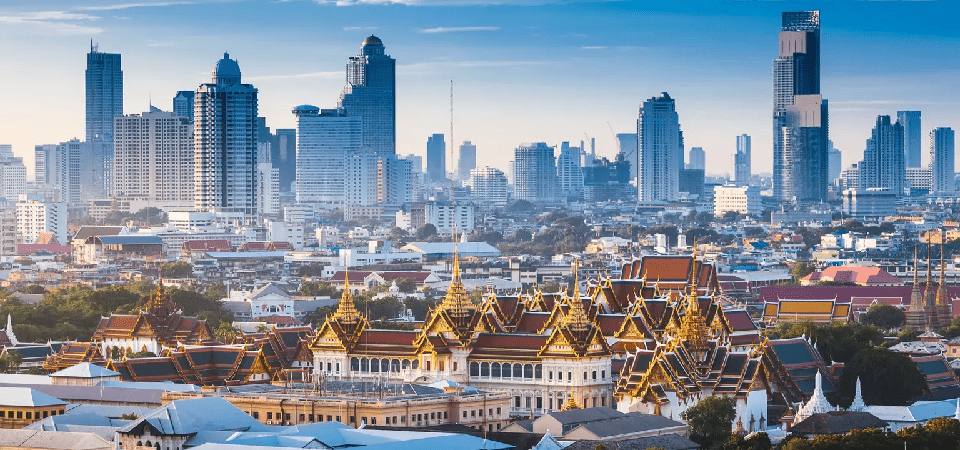

Thailand is getting closer to legalizing casinos, and if that happens, the market there might have a gross gaming revenue (GGR) of more than $15 billion when fully developed.
That is the opinion of CLSA, which projects that over time, the Thai casino business may grow to generate $15.1 billion in annual gross gaming revenue. If that prediction comes true, only Macau and Nevada rank higher in the world's gambling jurisdictions than Thailand. According to CLSA, gambling establishments in Thailand have higher visitor counts than those in Singapore.
"We consider Singapore a good proxy for Thailand due to similarities in geography, visitor mix and overall appeal as a travel destination,” according to the brokerage firm.
Similar to Singapore, Thailand has long been a popular travel destination for Chinese travelers; the advent of casinos could make this reputation even stronger. If the country in Southeast Asia were to open regulated gaming establishments, the average annual expenditure per visitor may increase to $386, which is about the same as what visitors spend in Singapore each year, according to CLSA.
Additional Similarities to Singaporean Casinos in Thailand
Thailand is in the midst of expediting the clearance procedure for entertainment areas that would encompass casino establishments. According to reports, Prime Minister Srettha Thavisin wants the Ministry of Finance and legislators to move quickly to get the first casinos in that nation operational before MGM Osaka's anticipated 2030 arrival.
Although some experts had previously conjectured that Thai casino rules could not be favorable for enticing well-known US-based operators like Wynn Resorts, MGM Resorts International, and Las Vegas Sands, Thailand's planned 17% tax rate might prove too compelling to resist.
In the event that the country adopts that proportion for GGR, earnings before interest, taxes, depreciation, and amortization (EBITDA) margins could reach 40% or more. That's similar to the margins made by Singapore's two integrated resorts, Resorts World Sentosa and Marina Bay Sands, according to CLSA.
The research group continued, "Based on 40% EBITDA margins, that translates to $805 million in EBITDA per entertainment complex with a gaming venue, meaning a nearly 24% return on invested capital is achievable with a ramping period of four years."
Macau Is Capable of Withstanding Thai Casino Rivals
Although Chinese travelers frequently visit Thailand, CLSA thinks Macau, with its advantageous location, will hold its own against fresh rivals in Southeast Asia.
"Macau will likely remain resilient considering its close proximity to China and much shorter length of stay than Thailand (different purposes of travelling),” concluded the research firm. “The key issue for Macau is still the lack of new land and hotel supply, rather than insufficient demand.”
India will be a significant source of foreign visitors to Thailand, according to CLSA. There are currently over 400 flights each week between Bangkok and Delhi. Two hours and ten minutes is the flight time from Banglore to Bangkok, while three hours and thirty-five minutes is the flight time from Beijing to Macau.
